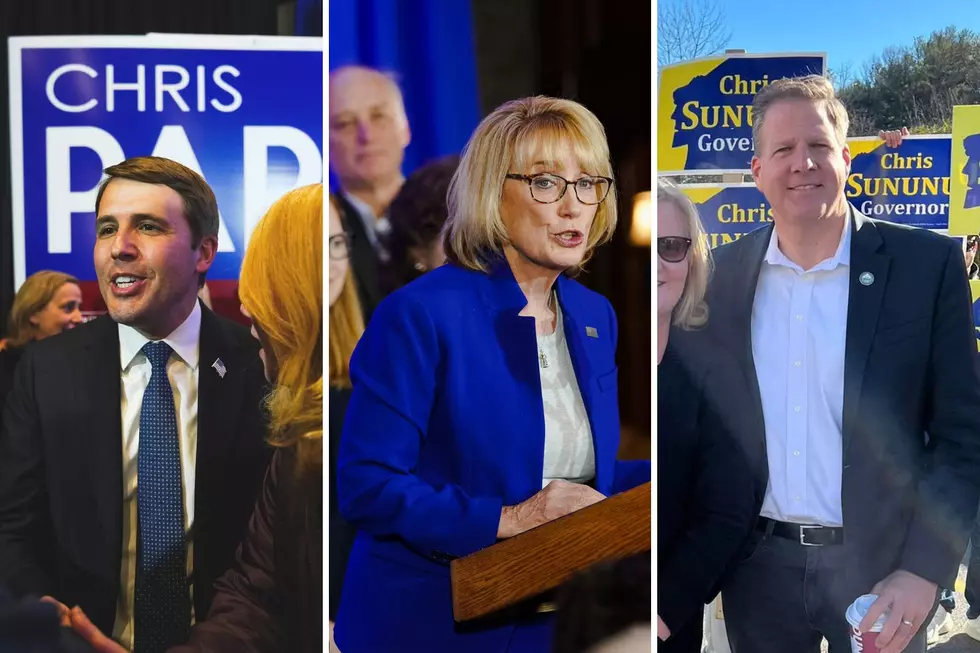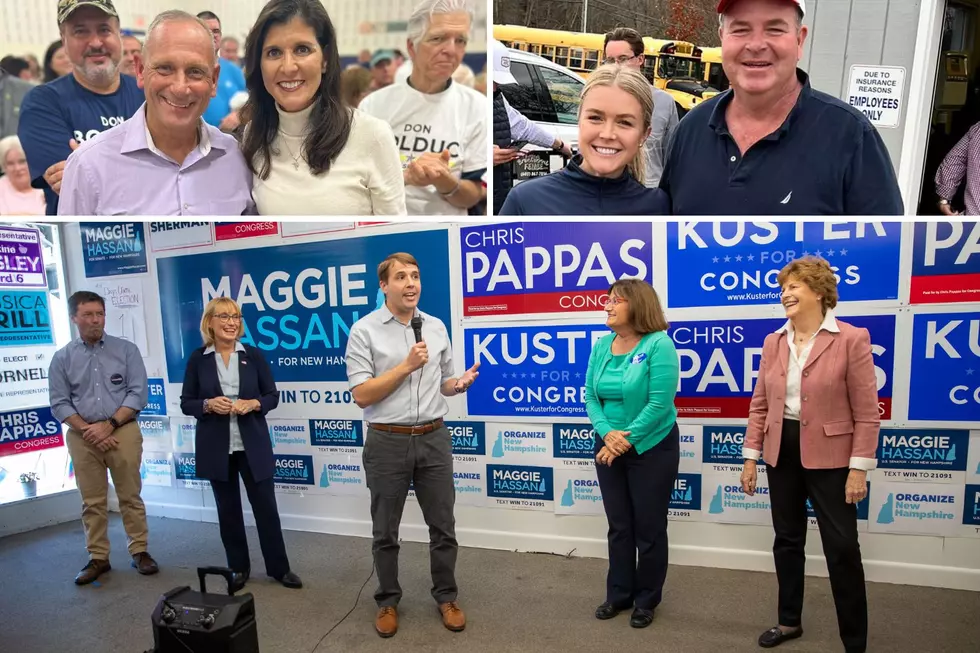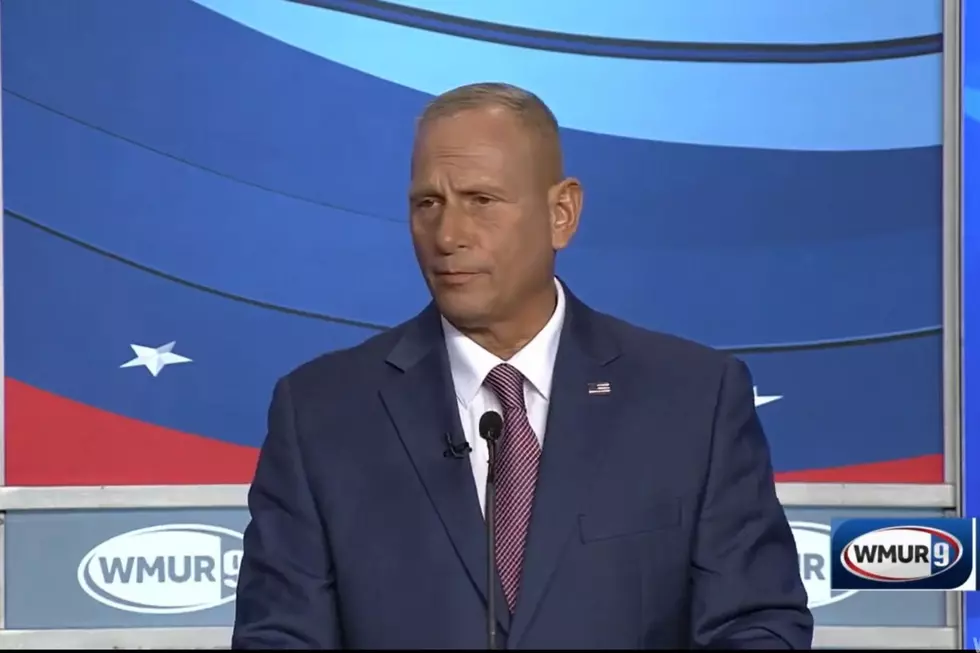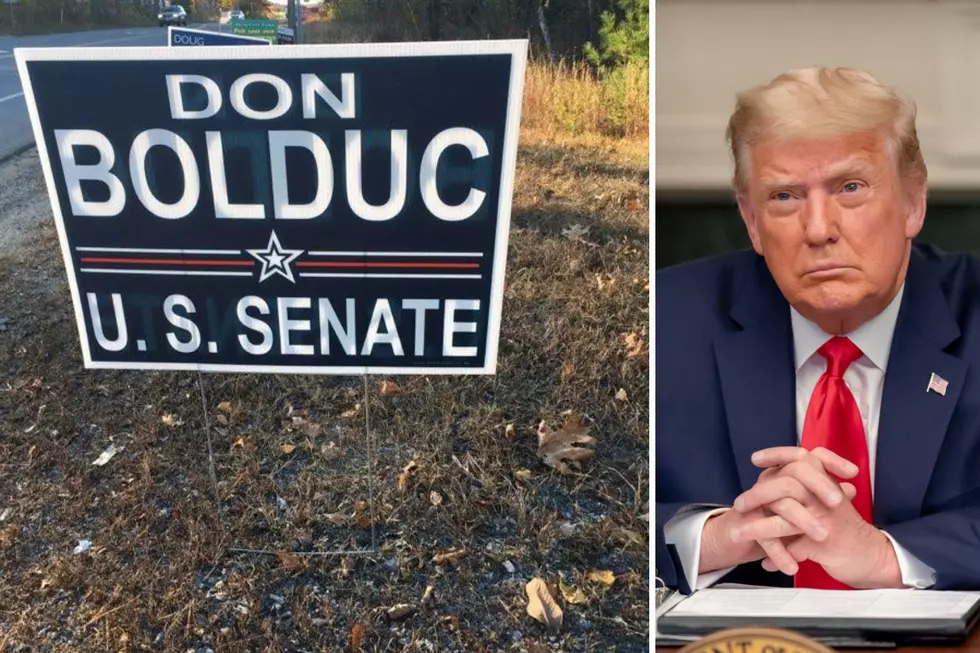
New Hampshire’s Fight to Stay First Hasn’t Started
New Hampshire is on the verge of losing its generations-old first-in-the-nation presidential primary, but the fight is long from over.
The Democratic National Committee's Rules and Bylaws Committee reopened the presidential nominating process this week by creating an application process for interested states including New Hampshire and Iowa, which have traditionally led the process according to Politico.
New Jersey, whose primary is usually in June, is pushing to take the first slot citing the state's diverse population, something both New Hampshire and Iowa are criticized for.
"It is time for the Democratic Party to move boldly into the future with a presidential primary calendar that reflects the diversity of our party and nation. Let's make New Jersey one of the first primary states, and set up future Democratic Party presidential nominees for long-term success," New Jersey Democratic State Committee Chair LeRoy J. Jones, Jr. wrote in a letter to the DNC.
Not the "First in the Nation" Threat
It's not the first time that New Hampshire has been in danger of losing its first in the nation presidential status, according to SNHU Civic Scholar and the founder of NH Political Capital Dean Spiliotes, who thinks that that the primary is still below the radar and mostly behind the scenes right now.
"There will be DNC reps from New Hampshire who will be working hard. We'll also see what the Republicans do. I don't think they have quite the same issue right now in New Hampshire that Democrats have. I'm still in a 'wait and see' mode. It's certainly a potentially significant threat, but right now most of the ire seems directed at Iowa."
Technical difficulties with a new app delayed the results of the Iowa caucus by three days in 2020.
Each state has a different process to determine a primary date, which often involves its state legislature. That process could bog down whether or not they could actually meet the deadline to submit an application. In New Hampshire, it's a little easier.
"We have a state law that says we go a week before any other similar contest. The DNC can try to change the schedule, they can threaten sanctions, but New Hampshire's Secretary of State can also move the date up," Spiliotes said.
The Fight for 2024 Has a Missing Part
The real fight over the 2024 primary will begin when another state announces a date and our current Secretary of State responds. One key part of that fight will be missing: longtime Secretary of State William Gardner, who retired in January.
Spiliotes recalls Gardner threatening to move the primary to before Christmas one year, when other states began moving their primaries to January.
"It was supposed to be in February, and then other states tried to move up. I remember one year it was January 8th instead of towards the end of February, and Gardner threatened to move it to early December," Spiliotes said. "We have a new Secretary of State who worked with Gardner for a long time, David M. Scanlan, and it'll be up to him. I assume he'll be just as tenacious."
Republican First Congressional District candidate Matt Mowers blamed Rep. Chris Pappas' support of H.R. 1, a Democrat-sponsored bill nicknamed the "For the People Act" that would expand voter registration and voting access. Republicans believe the bill would federalize the election process.
“Chris Pappas greenlit this idea when he voted in favor of H.R. 1, which would have resulted in a federal takeover of our elections — and would have granted Nancy Pelosi’s decades-old wish of abolishing our First in the Nation primary status," Mowers said in a statement. "Chris Pappas needs to stand up to his party leaders and defend our FITN status before it is too late.”
Mowers is under fire for legally voting in the 2016 presidential primaries in both New Hampshire and New Jersey. While Mowers was legally registered to vote in both states at the time of their respective primaries, it is also seen as a violation of U.S. Code 10307, which prohibits voting more than once in the presidential primary process.
Contact reporter Dan Alexander at Dan.Alexander@townsquaremedia.com or via Twitter @DanAlexanderNH
Trending Stories for Seacoast Current (April 4-10, 2022)
More From Seacoast Current








